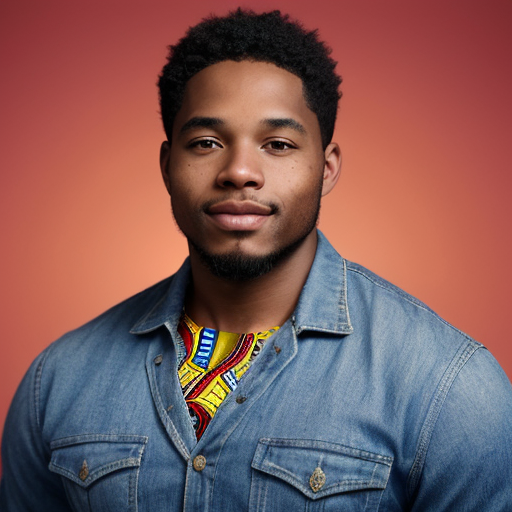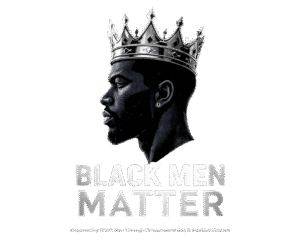Discover African American men’s heritage, challenges, and inspiring impact on American society. Learn how to create an equitable and inclusive community

1. Embracing Cultural Heritage:
African American men proudly carry the legacy of their ancestors, who struggled through centuries of oppression and resilience. Despite the forced uprooting from their homeland during the transatlantic slave trade, they have managed to preserve their cultural heritage. Whether it’s celebrating Kwanzaa, embracing African traditions, or engaging in soulful music and dance forms like jazz, hip-hop, and blues, African American men continue to honor their roots while forging ahead.
“The Significance of Kwanzaa in African American Culture” article by History.com: https://www.history.com/news/kwanzaa-african-american-holiday-traditions
2. Deconstructing Stereotypes:
Stereotypes surrounding African American men persist despite significant progress in society. These stereotypes, often perpetuated by the media and biased perceptions, paint a monolithic picture that does not reflect the vast diversity and individuality within the community. It is crucial to challenge and deconstruct these stereotypes, acknowledging the complexity of African American male identities. By recognizing their unique talents, passions, and ambitions, we can move beyond preconceived notions and foster inclusivity and equality.
The Work of The 100: https://www.blackenterprise.com/10-black-men-making-history-in-2020/
3. Education and Economic Empowerment:
Education and economic opportunities are critical in overcoming systemic barriers faced by African American men. While progress has been made, disparities persist in educational attainment and employment rates. Efforts must be made to provide adequate resources, mentorship programs, and scholarships to support African American males in fulfilling their academic and professional aspirations. By uplifting African American men through education and economic empowerment, we can ensure a more equitable society for all.
National Urban League: https://nul.org/ –
4. Health and Wellness:
The health and well-being of African American men deserve attention and support. They face higher rates of chronic diseases, including heart disease, diabetes, and hypertension, largely influenced by socioeconomic factors and limited access to quality healthcare. Promoting health awareness, expanding healthcare access, and encouraging preventive care are crucial steps in addressing these disparities. Additionally, mental health, often overlooked, must be prioritized through culturally competent support systems and destigmatization efforts.
African American Male Wellness Initiative: https://www.themaac.com/
5. Inspiring Role Models and Achievements:
African American men have consistently shattered barriers in various fields, serving as inspirations for generations to come. From esteemed leaders like Martin Luther King Jr., Barack Obama, and Thurgood Marshall to trailblazers in sports like Muhammad Ali and LeBron James and influential artists like Langston Hughes and Kendrick Lamar, their achievements have left an indelible mark on society. By highlighting their triumphs and promoting diverse representation, African American men can continue to inspire and uplift future generations.
21 Black Men and Women Who Helped Shape America’s History” article by Business Insider: https://www.businessinsider.com/black-american-heroes-shape-us-history-2014-2
Conclusion:
African American men navigate a unique journey, grounded in their cultural heritage while ambitiously striving for social, economic, and political equality. By embracing their cultural legacy, challenging stereotypes, promoting education and economic empowerment, prioritizing health and wellness, and celebrating their achievements, we can create a more inclusive and equitable society. It is essential to recognize the immense value African American men bring to our communities and foster an environment that empowers them to thrive. Together, let us work towards a future where African American men are regarded not just for their struggles, but for their resilience, talent, and contributions to the tapestry of American society.
